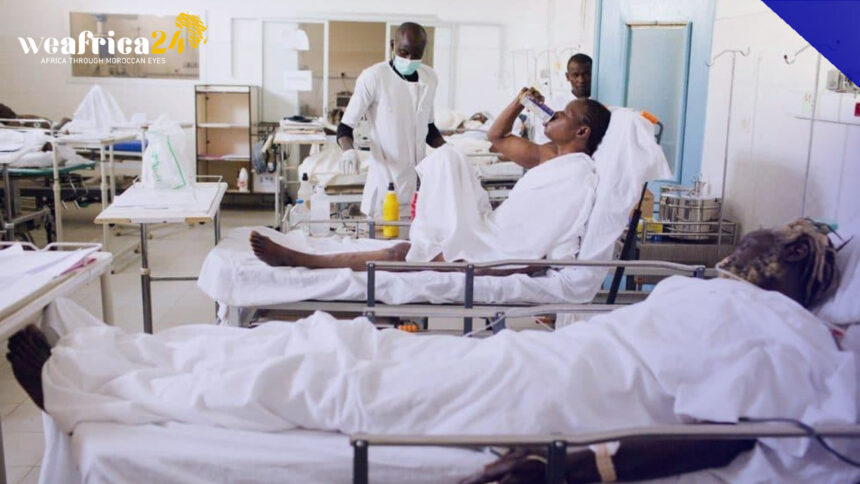Access to quality healthcare is a fundamental right that every individual deserves. However, like many other countries, Senegal faces its own set of challenges in providing efficient and effective medical care to its citizens.
Challenges in Senegal’s Hospital System
Limited Resources
One of the primary challenges faced by Senegal’s hospitals is the scarcity of resources. Insufficient funding, outdated infrastructure, and a shortage of medical equipment and supplies hinder the provision of adequate medical care. This resource deficit often leads to overcrowded facilities, longer waiting times, and compromised patient outcomes.
Healthcare Workforce Shortage
Senegal faces a significant shortage of healthcare professionals, including doctors, nurses, and specialists. This scarcity puts a strain on the existing healthcare workforce, leading to increased workloads, burnout, and compromised patient care. The limited availability of specialists further exacerbates the challenges in providing specialized medical treatments.
Geographic Disparities
Disparities in healthcare access persist in Senegal, with rural areas often facing greater challenges compared to urban centers. Limited healthcare infrastructure, including hospitals and clinics, in remote regions, results in reduced access to quality medical care. This disparity further highlights the need for improved healthcare distribution and outreach programs.
Opportunities for Improvement
Increased Investment in Healthcare
To address the challenges faced by the hospital system, Senegal should prioritize increased investment in healthcare infrastructure and services. Adequate funding can help modernize facilities, upgrade medical equipment, and ensure a steady supply of essential medications.
Strengthening Healthcare Workforce
Efforts should be made to address the shortage of healthcare professionals through initiatives such as expanding medical education and training programs, providing incentives for healthcare workers to serve in underserved areas, and fostering collaboration with international organizations to support capacity building.
Focus on Preventive Healthcare
Emphasizing preventive healthcare measures can help alleviate the strain on hospitals. Investing in public health campaigns, promoting healthy lifestyle choices, and providing accessible primary healthcare services can reduce the burden of preventable diseases and improve overall population health.
Technology Integration
Harnessing the power of technology can play a pivotal role in improving healthcare delivery in Senegal. Implementing electronic medical records, telemedicine services, and digital health solutions can enhance access to medical expertise, facilitate remote consultations, and streamline patient care processes.
Addressing the medical care situation in Senegal’s hospitals requires concerted efforts from the government, healthcare organizations, and international stakeholders. By prioritizing adequate investment in healthcare infrastructure, strengthening the healthcare workforce, focusing on preventive measures, and integrating technology, Senegal can work towards achieving equitable and accessible healthcare for all its citizens. Such improvements will not only enhance the quality of medical care but also contribute to the overall well-being and prosperity of the nation.







